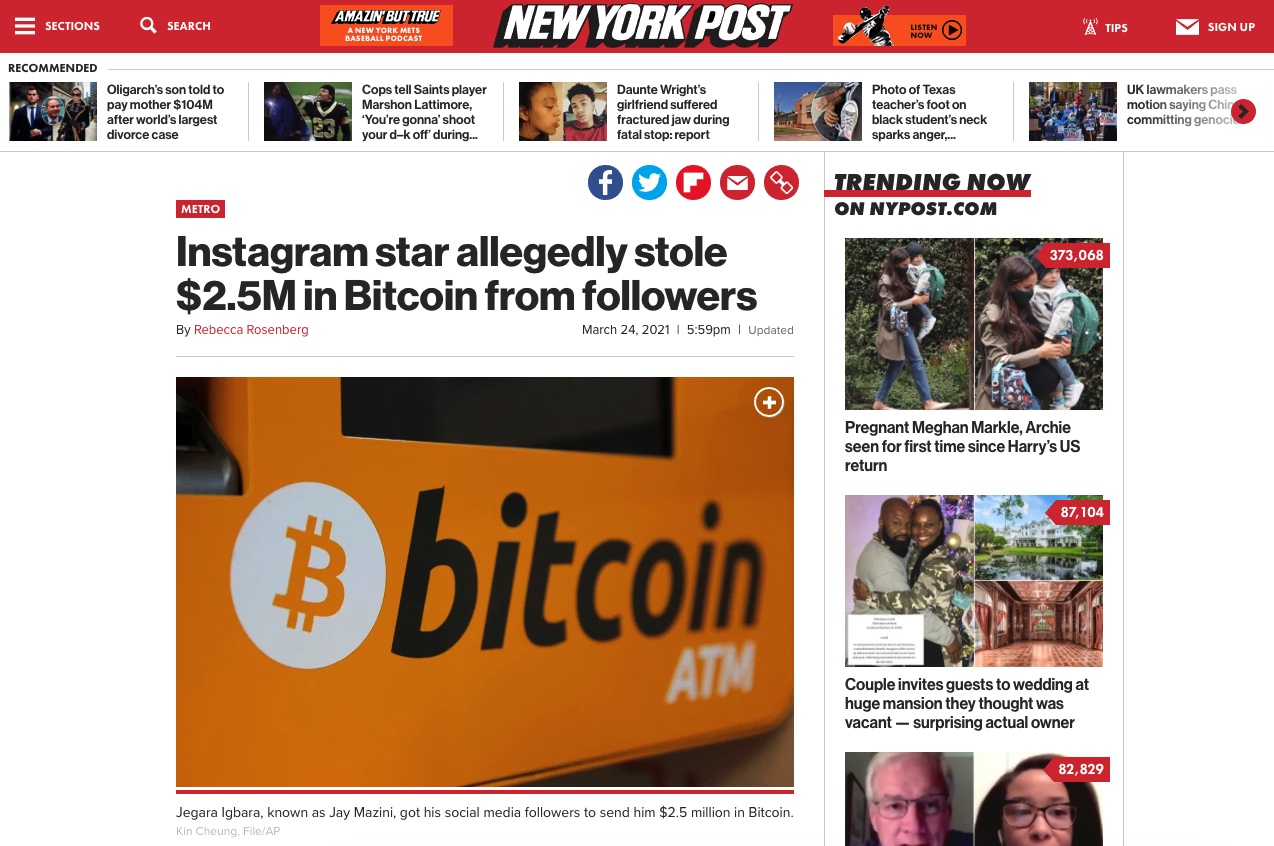What Circumstances Result in Permanent Disqualification?
When the USDA is considering imposing a permanent disqualification penalty against your business, it is for a select number of reasons. The most common cause is SNAP trafficking, which means the agency is alleging your store exchanged cash for SNAP benefits. The most serious allegation related to SNAP, the federal government offers you practically no leeway in these situations, meaning you must have an attorney representing you who can prove the allegations are false.
In addition to trafficking, the USDA may impose permanent disqualification if your store has repeated violations of SNAP rules, or if a business owner or store manager has past criminal convictions related to SNAP violations. In any case, once you are notified of the permanent disqualification penalty being a possibility against your business, you will only have 10 days in which to appeal the actions of the USDA. Instead of trying to contact the agency yourself and work out a solution, choose instead to hire a SNAP permanent disqualification attorney to speak on your behalf.
Permanent Disqualification Impacts
When permanent disqualification looms over your business, the impacts will be huge in many ways. As stated earlier, your reputation as a business owner or store manager will take a huge hit, as will your personal reputation and your credit history. In regards to your business, expect your EBT machine to be turned off immediately, meaning your store will start losing significant amounts of money.
However, what many people fail to realize is that once a permanent disqualification is allowed to occur, you as a store manager or business owner will never be allowed to accept SNAP benefits again, no matter where you work or what state you may be living in at any time. While you may think there are exceptions to every rule, that is not the case here. In these instances, the USDA makes it very, very clear that once this penalty is imposed, a store manager or business owner can never be in any position of authority within a store that accepts SNAP benefits.
Civil Money Penalty
As if permanent disqualification is not a severe enough penalty, expect to also face a Civil Money Penalty if you are found guilty of SNAP trafficking. While this penalty only applies to trafficking violations, its cost is $11,000 per trafficking violation. A bill that is sent to you upon your selling or closing your business, it has no time limits regarding expiration. Thus, if you think you can just play a waiting game with the federal government until they forget about you, think again. In fact, there have been examples of individuals who have sold a store 30 years after receiving a disqualification, yet still received their bill from the government expecting the penalty to be paid.
Avoiding Permanent Disqualification
Needless to say, the best way to avoid receiving a permanent disqualification penalty is to play by the rules and not put yourself and your business in a precarious position with the USDA. However, even if you run your store or business as efficiently as possible, mistakes can still happen. For example, you may have a new employee who unwittingly makes a mistake when waiting on a SNAP customer. In other situations, a new rules change that just went into effect may have led to you making a crucial error. Whatever happens that leads the USDA to target you and your business, never choose to sit back and simply let the federal government call the shots from start to finish. Instead, once you receive a Charge Letter from the USDA, schedule a meeting with a knowledgeable SNAP permanent disqualification attorney who can examine the letter, discuss the details of your case with you, and provide you with legal counsel explaining the various legal options at your disposal.
Fighting Permanent Disqualification
When you are accused of violations that warrant the threat of permanent disqualification from SNAP, don’t think the government will be interested in negotiating a settlement with you and your attorney. Rather than do this, the USDA is only interested in making an example out of you to show others why they need to comply with USDA rules. Therefore, you need to approach your defense very vigorously, and also hire an attorney who understands these cases in great detail and is able to mount a strong legal challenge on your behalf.
Since a permanent disqualification from SNAP can ruin your business, career, and to some extent your personal life as well, do all you can to emerge from this unfortunate situation a winner. By contacting a SNAP permanent disqualification attorney immediately upon receiving a Charge Letter, you can start laying the groundwork for a successful defense of your case. Though you will need to exercise patience and good judgement while your case plays out, doing so can help you emerge with your business and reputation still intact.















